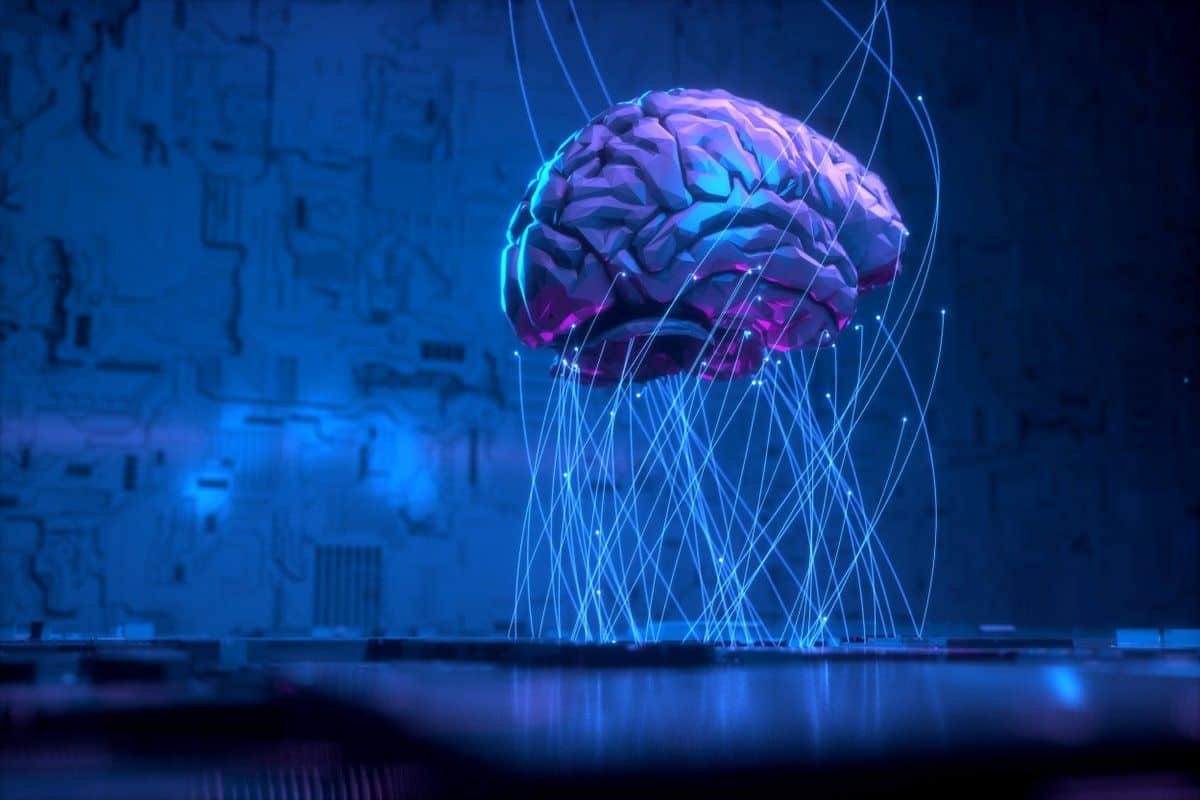Spiders-AI Platform
Introduction
Since 2008, we have been working on the first three of four major families of technologies that are required to enable Artificial Intelligence:
- Data Consolidation – consolidating multiple sources of heterogenous data into a single intelligent data stream using mark-up language technologies such as XML and RDF.
- Machine Learning - ingestion of very large amounts of information using algorithmic machine learning techniques like Neural Networks, Generative Pre-trained Transformer “GPT”, etc.
- Knowledge Engineering – loading information into a highly descriptive and fact-based Knowledge Base.
- Reasoning – facilitation of computer cognition, thoughtfulness utilising a variety of mathematical techniques such as probability, topology, and so on.
By the end of 2020, we had mastered the first three of the above and could credibly claim ‘one-of-few’ thought leadership in them, with twenty-one important and seminal patents and a few more patent applications to show for it.
In 2022 we started on serious consideration of the fourth – Reasoning.
We’ve looked at what other people are doing about computer reasoning and cognition (computers that can think) and, unsurprisingly, there aren’t many of us and we expect to see a small number of interesting approaches emerge over the coming few years. Each will likely have some features similar to others and each will have strengths and weaknesses, but they will all be manifestations of new computer science.
The commonality of the emerging reasoning approaches will require that to reach an appropriate level of effectiveness, each approach be able to distinguish between fact and opinion in an ontological knowledge model.
Classification of information statements such as:
- Fact – a statement that can be authoritatively verified.
- Opinion
- Probable
- Possible
- Improbable
Provenance – who, when, etc.


Architecture
SPIDERS is being designed in a modular fashion with
- An Investigative Engine
- Knowledge Vaults
- The User Interface
User interfaces will be industry and sub-industry specific.
The core Investigative Engine will be common to multiple industry applications and a standalone artificial intelligence subsystem capable of:
- Ingesting large amounts of data
- Reasoning
- Classification of data as fact (evidence) or opinion (circumstantial evidence or non-evidence), as above
- Verification, including by human reference and analysis
- Audit
- Q&A via human interface technology
- Recommendation
- Prediction of Judgement
The Test Bed - SPIDERS Legal
We have chosen the legal services industry as our development and test bed because it is the classic and formal application of fact versus opinion, truth versus fiction.
SPIDERS-Legal will be built as a software workbench for legal case matter development, to enhance the productivity of lawyers and paralegals.
As a legal matter is built, it will be assisted by the Investigative Engine, which will offer suggestions of relevance to the user, such as relevant common law and legislation, judgements, jurisdiction, courts, judges, and so on.
The success test that we have set ourselves is that SPIDERS Legal will allow Legal Professionals to develop a matter to the extent that they will be able to provide their client with a fixed price to conclude the matter and advise the Practitioner and their Client of any exposures and contingencies for both to consider in the light of a prediction of the outcome for the legal strategy being modelled.
